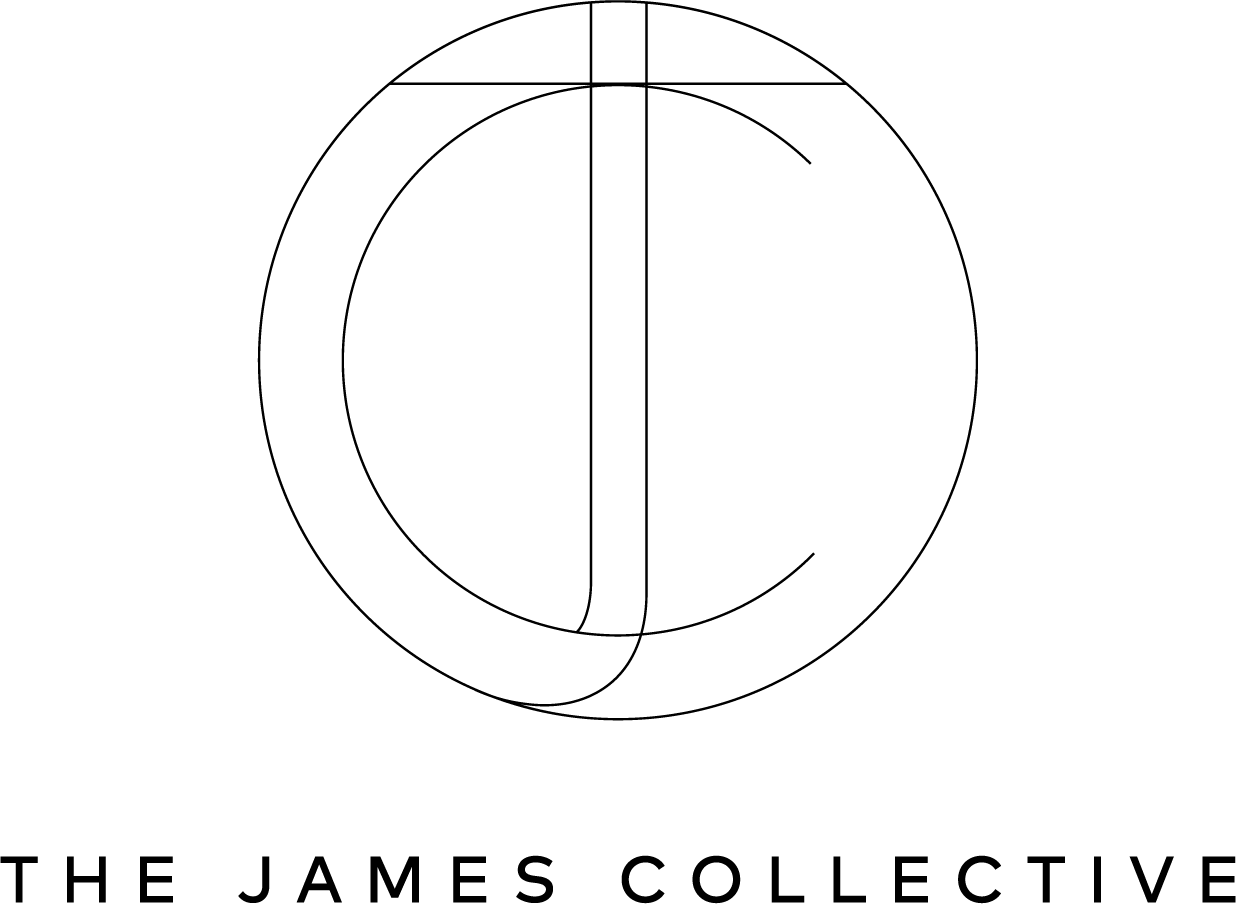How (and When!) to Hire a PR and Communications Agency
Your business has deemed that hiring a PR + comms agency is the next step in growing your business (and perhaps even saw our last blog post on this topic)--understanding that external agencies can not only act as true partners to grow your business, but can also build short-term awareness and long-term positive reputation for your brand to ensure future growth and loyalty. But how do you go about hiring a PR agency--and ensure that you’re doing it at the right time?
Here’s the truth: there’s no one right time to hire an agency, but there are many GREAT times to invest. You may be brand-spanking new and need to simply, well, get customers to know that you exist. Or you may have been around for generations, but need a shot in the arm to acquire new fans and invest in the next generation. Or you could have a crisis, be launching something new, or simply understand that PR and communications usually build over years, so now is the best time to start.
Whichever is your reason (we’ve done, and seen it all!), understanding how to hire and onboard your agency will help to build a future successful partnership:
Determine what your goals are for a PR and communications program for your business. A good agency will generally help you hone these (and perhaps can even add some goals that you haven’t considered!), but you need to think about what success could look like for your business. What audiences do you want to reach? How will you keep them coming back after you reach them? Do you already have a great product or message, or do you need help refining that? Do you have a realistic timeline that you’re working towards?
Think about what a successful agency partnership would look like for you. Who will manage the agency?
Get referrals for agencies from like-minded businesses, check industry groups (we’re a big fan of PR Net), or see what agencies work with brands that you respect and have seen great results. Like attracts like, and you want to be in good company!
Rather than blasting an RFP, have introductory calls with agencies. Do a vibe check--seriously! Do you feel like the agency has a similar value set as your company, knows your industry (this is important, as it also means they’ll have the right contacts and background to hit the ground running), and is interested in being true partners with your business? If so, share an RFP, or walk them through your goals, dreams, plans, and problems.
Give them time to develop and share a proposal. This should be specific to your business and goals--and feel free to ask plenty of questions. As stated above, this is a partnership, and sharing information is key.
Lastly, if you like the proposal, the budget is right, and the timing is realistic, sign on the dotted line (or take the time to talk to references--but remember references are fans of the company, so better used to ensure that you’re getting the most out of your agency!). Most importantly, get ready to onboard--which is the next step in a successful partnership. Understand that, just like hiring a new employee, the agency will be chomping at the bit to hit the ground running, but will still need time to truly sink their teeth into the business, team personalities, and how to achieve set goals.
In the end, ensuring that you’re hiring a PR agency for the right reasons and to be a true fit with your team sets your business up for long term success. Think of this as an ongoing partnership, rather than a quick bandaid, and one where you can grow together.
If you’d like to talk more about if now is the right time to hire an agency, or if you want to ensure you’re on the right path to build a successful PR and comms program, we’d love to talk--we always feel our happiest when we know we’re growing others’ businesses together. Reach out to us here, we’d love to hear more!
Photo credit: Realm Cellars, Scott Chebegia
